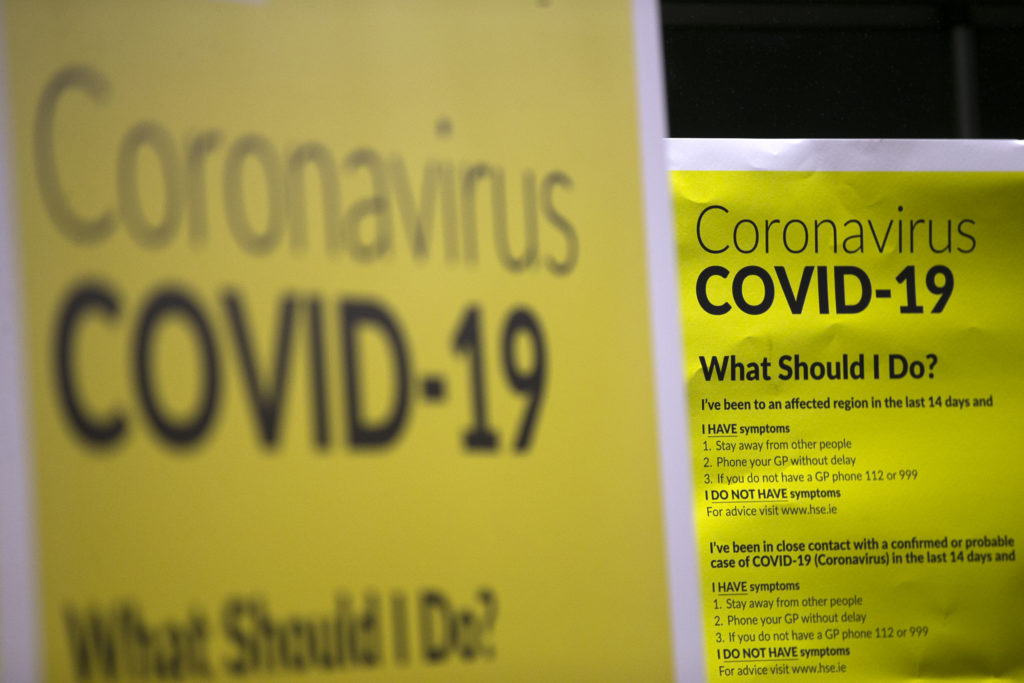OVER 1,300 people who were identified as being a close contact with a confirmed coronavirus case did not show up for their own diagnostic test.
According to the Covid-19 Response Committee, 1,314 test offers have been refused by close contacts of a confirmed case as of 2 July.
Every effort is being made to track and trace close contacts of confirmed cases, the committee say, but the efforts mean nothing if close contacts do not get tested themselves.
Speaking yesterday, Dr Lorraine Doherty of the Health Protection Surveillance Centre (HSPC) said the contact tracing centres would attempt to make contact "at least four or five times".
If a person cannot be contacted, their details are passed on to a local public health department who may know how to find them, "so we do put a lot of time and effort in trying to find [close contacts of a confirmed case]".
 Tracking and tracing confirmed cases is not helpful if the close contacts do not undergo a test - Covid-19 committee Photograph: Sam Boal / RollingNews.ie
Tracking and tracing confirmed cases is not helpful if the close contacts do not undergo a test - Covid-19 committee Photograph: Sam Boal / RollingNews.ieMs Doherty acknowledged that people may not want to be tested if they have symptoms or have been identified as a close contact because they would need to restrict their movements for at least 14 days to avoid passing it on.
People in workplaces may be reluctant to be tested for the same reason, particularly if their job does not allow them to work from home, Ms Doherty said, but "our public health messaging is very clear- you should have a test if you are symptomatic or in contact with someone who is symptomatic".
The Committee suggested that tests for close contacts should be made mandatory in order to best tackle the spread of the virus.
Agreeing with the committee's suggestion, Fine Gael TD Fergus O'Dowd said "Gardaí may need to call to people's doors if they refuse to come for a Covid-19 test".

